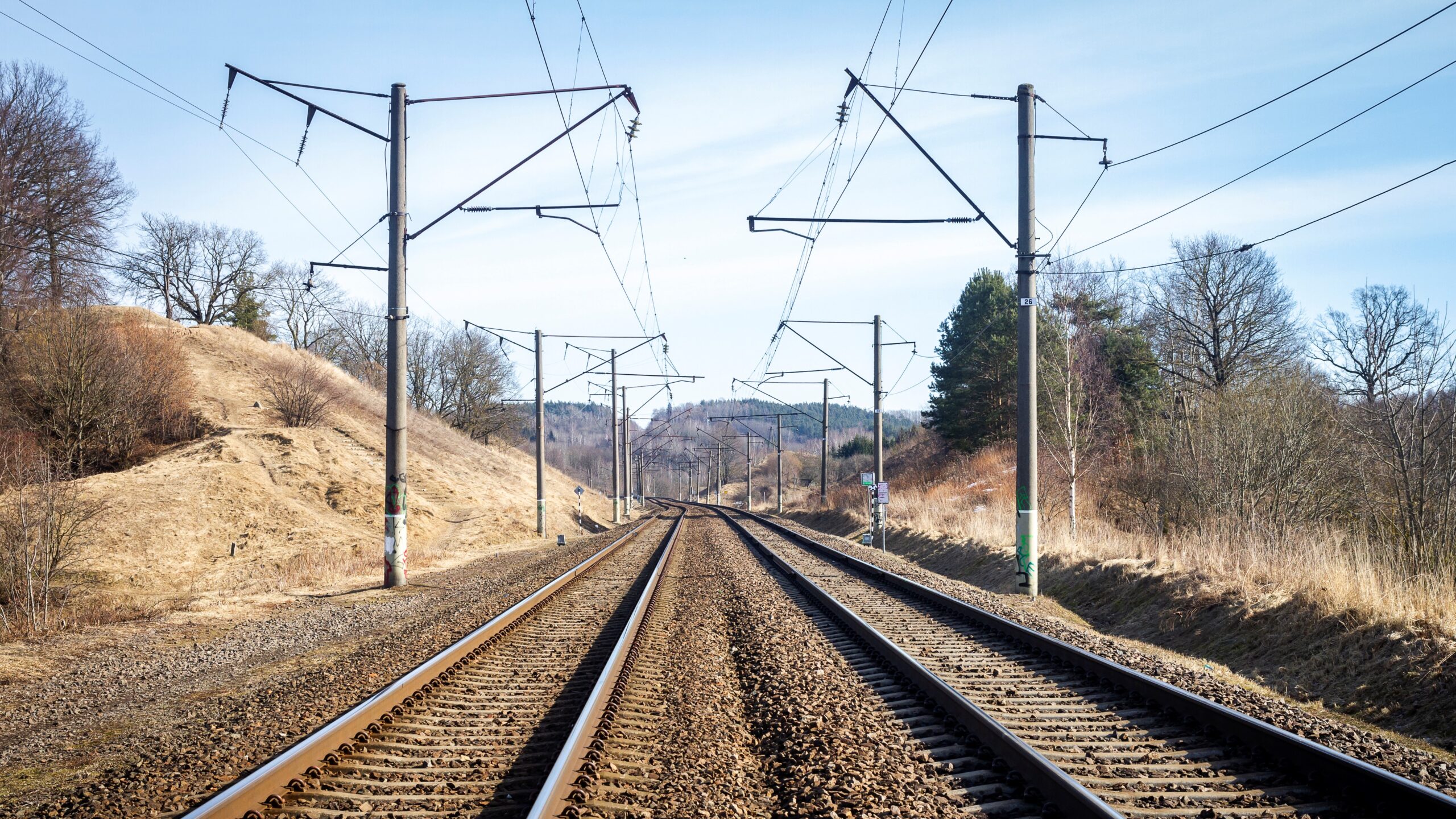LTG Infra and the Lithuanian Customs Office step up their attempts to control and restrict smuggling and sanction circumvention attempts via rail. In this context, they aim to deploy two x-ray machines at the Kybartai railway station on the border with Kaliningrad and at the Stasylos-Byenyakoni border crossing with Belarus. The latest has been closed since 16 February to restrain the influx of sanctioned products from Belarus.
When these two x-ray machines are installed, Lithuania will have three border crossings with such equipment. The third border point already using an x-ray machine is at Kena, also on the border with Belarus. “We aim for the Lithuanian railway infrastructure to be adapted to the inspection of imported cargo as best as possible, ensuring the interests of national security”, said LTG Infra CEO Karolis Sankovski.
After reports that Belarusian producers have been importing sanctioned products through proxy companies in Lithuania, the Baltic state, Lithuanian Railways and the Lithuanian customs authorities have adopted a series of measures to restrict them. Investigations, so far, have resulted in tonnes of seized cargo, dozens of seized wagons and two arrests.
LTG names more ‘suspects’
Regarding sanction circumvention attempts, LTG has already named two companies: Lukoil, a Russian energy company whose cargo was seized while entering Lithuania from Kaliningrad, and Grodno Azot, a Belarusian fertiliser producer who’s been exporting products to Lithuania via proxy companies.
LTG further unveiled that the company Uosto Vartai, a freight forwarder active in rail and sea logistics, is suspected of having participated in the sanction circumvention schemes of Grodno Azot by forwarding its cargo to the warehouses of the company “Birių krovinių terminalas” at the port of Klaipeda. RailFreight.com tried contacting the company with no success, while LTG, the Lithuanian customs criminal service and the Lithuanian national security and defence committee, who undertake the investigation, have not reached any official conclusions on the matter yet.
Copyright: https://www.railfreight.com
LTG Infra and the Lithuanian Customs Office step up their attempts to control and restrict smuggling and sanction circumvention attempts via rail. In this context, they aim to deploy two x-ray machines at the Kybartai railway station on the border with Kaliningrad and at the Stasylos-Byenyakoni border crossing with Belarus. The latest has been closed since 16 February to restrain the influx of sanctioned products from Belarus.
When these two x-ray machines are installed, Lithuania will have three border crossings with such equipment. The third border point already using an x-ray machine is at Kena, also on the border with Belarus. “We aim for the Lithuanian railway infrastructure to be adapted to the inspection of imported cargo as best as possible, ensuring the interests of national security”, said LTG Infra CEO Karolis Sankovski.
After reports that Belarusian producers have been importing sanctioned products through proxy companies in Lithuania, the Baltic state, Lithuanian Railways and the Lithuanian customs authorities have adopted a series of measures to restrict them. Investigations, so far, have resulted in tonnes of seized cargo, dozens of seized wagons and two arrests.
LTG names more ‘suspects’
Regarding sanction circumvention attempts, LTG has already named two companies: Lukoil, a Russian energy company whose cargo was seized while entering Lithuania from Kaliningrad, and Grodno Azot, a Belarusian fertiliser producer who’s been exporting products to Lithuania via proxy companies.
LTG further unveiled that the company Uosto Vartai, a freight forwarder active in rail and sea logistics, is suspected of having participated in the sanction circumvention schemes of Grodno Azot by forwarding its cargo to the warehouses of the company “Birių krovinių terminalas” at the port of Klaipeda. RailFreight.com tried contacting the company with no success, while LTG, the Lithuanian customs criminal service and the Lithuanian national security and defence committee, who undertake the investigation, have not reached any official conclusions on the matter yet.
Copyright: https://www.railfreight.com
LTG Infra and the Lithuanian Customs Office step up their attempts to control and restrict smuggling and sanction circumvention attempts via rail. In this context, they aim to deploy two x-ray machines at the Kybartai railway station on the border with Kaliningrad and at the Stasylos-Byenyakoni border crossing with Belarus. The latest has been closed since 16 February to restrain the influx of sanctioned products from Belarus.
When these two x-ray machines are installed, Lithuania will have three border crossings with such equipment. The third border point already using an x-ray machine is at Kena, also on the border with Belarus. “We aim for the Lithuanian railway infrastructure to be adapted to the inspection of imported cargo as best as possible, ensuring the interests of national security”, said LTG Infra CEO Karolis Sankovski.
After reports that Belarusian producers have been importing sanctioned products through proxy companies in Lithuania, the Baltic state, Lithuanian Railways and the Lithuanian customs authorities have adopted a series of measures to restrict them. Investigations, so far, have resulted in tonnes of seized cargo, dozens of seized wagons and two arrests.
LTG names more ‘suspects’
Regarding sanction circumvention attempts, LTG has already named two companies: Lukoil, a Russian energy company whose cargo was seized while entering Lithuania from Kaliningrad, and Grodno Azot, a Belarusian fertiliser producer who’s been exporting products to Lithuania via proxy companies.
LTG further unveiled that the company Uosto Vartai, a freight forwarder active in rail and sea logistics, is suspected of having participated in the sanction circumvention schemes of Grodno Azot by forwarding its cargo to the warehouses of the company “Birių krovinių terminalas” at the port of Klaipeda. RailFreight.com tried contacting the company with no success, while LTG, the Lithuanian customs criminal service and the Lithuanian national security and defence committee, who undertake the investigation, have not reached any official conclusions on the matter yet.


